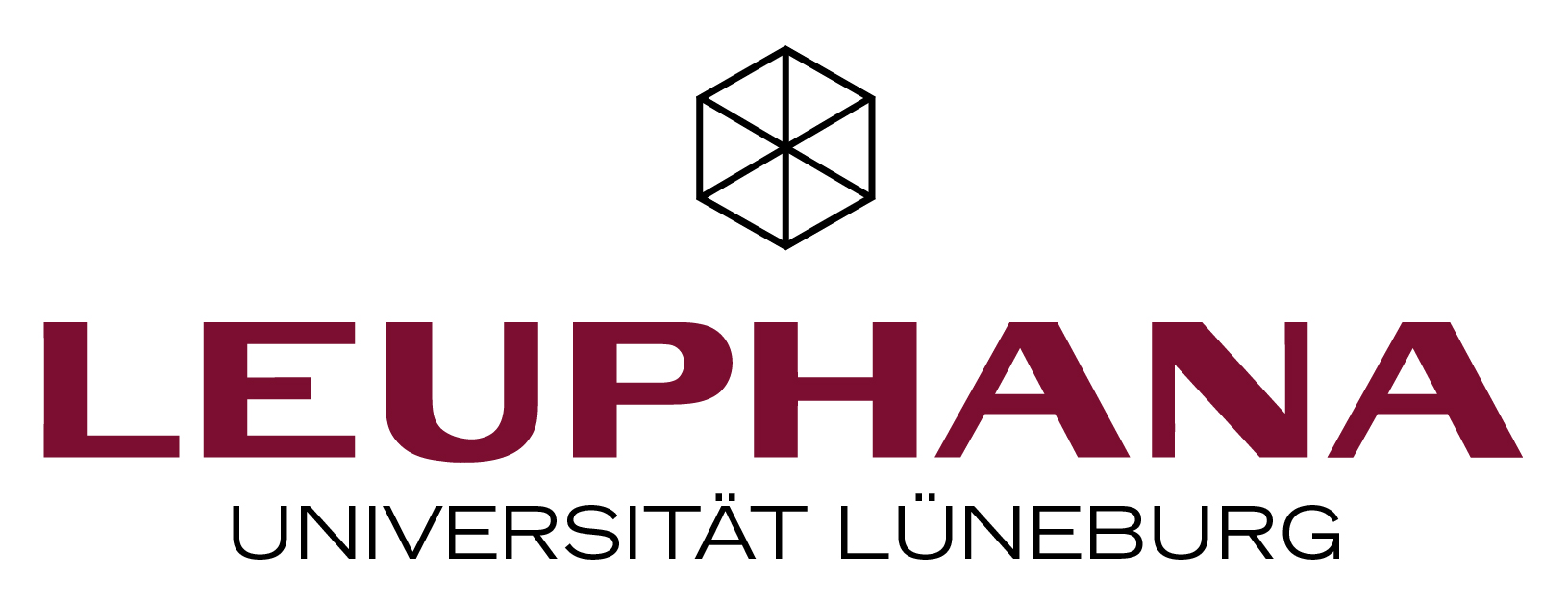Please use this identifier to cite or link to this item:
https://doi.org/10.48548/pubdata-730
Full metadata record
| Field | Value |
|---|---|
| Resource type | Dissertation |
| Title(s) | Künstliche Intelligenz: Analyse der Möglichkeit eines drohenden Verlusts von Autonomie, Verantwortung, Individualität und Würde |
| Alternative title(s) | Artificial intelligence: Analyzing the possibility of an impending loss of autonomy, responsibility, individuality and dignity |
| DOI | 10.48548/pubdata-730 |
| Handle | 20.500.14123/768 |
| Creator | Schwarting, Detlef  1315138271 1315138271 |
| Referee | Oermann, Nils Ole  121631680 121631680Reihlen, Markus  0000-0002-9863-9472 0000-0002-9863-9472  142446890 142446890Vossenkuhl, Wilhelm  122385640 122385640 |
| Abstract | This dissertation pursues, on the one hand, the goal of a comprehensive review of the technical, psychological, philosophical, and neurobiological foundations of artificial intelligence and thus the establishment of an epistemic and ontological delimitation of the technology and, on the other hand, the goal of a moral-philosophical assessment and risk evaluation. The central hypothesis assumes that the technology, which itself was only made possible by the rapid progress of the natural and engineering sciences and thus by the Enlightenment, subverts the central principles and values of the Enlightenment. At stake is a self-inflicted immaturity of man through artificial intelligence. Essential in the argumentation is the abandonment of human autonomy in favor of a technology that cannot itself be autonomous, the shifting of responsibilities into a newly created lawless space, the renouncement of human individuality and ultimately an abandoning of human dignity through the transition into a "realm without necessities" from which there is no escape. An ethics of artificial intelligence must, so the normative conclusion, put the preservation of human autonomy, responsibility, individuality, and dignity in the foreground. This is the only way to prevent a relapse into individual and collective immaturity. Diese Dissertation verfolgt einerseits das Ziel der umfassenden Sichtung der technischen, psychologischen, philosophischen und neurobiologischen Grundlagen der Künstlichen Intelligenz und damit die Etablierung einer epistemischen und ontologischen Eingrenzung der Technologie und andererseits das Ziel der moralphilosophischen Beurteilung und Risikobewertung. Die zentrale Hypothese unterstellt der Technologie, die überhaupt nur durch die rasanten Fortschritte der Natur- und Ingenieurwissenschaften und damit durch die Aufklärung ermöglicht wurde, eine Unterwanderung der zentralen Prinzipien und Werte der Aufklärung. Zu befürchten ist eine selbstverschuldete Unmündigkeit des Menschen durch die Künstliche Intelligenz. Wesentlich in der Argumentation ist das Aufgeben von menschlicher Autonomie zugunsten einer Technologie, die selbst nicht autonom sein kann, die Verlagerung von Verantwortlichkeiten in einen neu entstandenen rechtsfreien Raum, der Verlust der menschlichen Individualität und letztlich die Preisgabe der Menschenwürde durch den Übergang in ein "Reich ohne Notwendigkeit", aus dem es kein Entkommen gibt. Eine Ethik der Künstlichen Intelligenz muss, so die normative Schlussfolgerung, die Wahrung der menschlichen Autonomie, Verantwortlichkeit, Individualität und Würde in den Vordergrund stellen, sodass ein individueller und kollektiver Rückfall des Menschen in die Unmündigkeit verhindert wird. |
| Language | German |
| Keywords | Artificial Intelligence; Dignity; Responsibility; Autonomy; Freedom; Individuality; Künstliche Intelligenz; Menschenwürde; Verantwortung; Autonomie; Freiheit; Individuum |
| DDC | 001 :: Wissen 170 :: Ethik |
| Date of defense | 2023-11-30 |
| Year of publication in PubData | 2023 |
| Publishing type | First publication |
| Date issued | 2023-12-08 |
| Creation context | Research |
| Faculty / department | Fakultät Nachhaltigkeit / Institut für Ethik und Transdisziplinäre Nachhaltigkeitsforschung (IETSR) |
| Alternative Idenfier(s) | urn:nbn:de:gbv:luen4-opus4-13571 |
| Date of Availability | 2024-05-30T13:43:56Z |
| Archiving Facility | Medien- und Informationszentrum (Leuphana Universität Lüneburg |
| Granting Institution | Leuphana Universität Lüneburg |
| Published by | Medien- und Informationszentrum, Leuphana Universität Lüneburg |
Related Resources
Files in This Item:
| File | Size | Format | |
|---|---|---|---|
Dissertation_2023_ Schwarting_Künstliche,2.pdf License: Nutzung nach Urheberrecht open-access | 3.98 MB | Adobe PDF | View/Open |
Items in PubData are protected by copyright, with all rights reserved, unless otherwise indicated.
Views
Item Export Bar
Access statistics
Page view(s): 587
Download(s): 571

 BibTeX
BibTeX
 RIS
RIS
 Datacite XML
Datacite XML
 OpenAIRE4
OpenAIRE4